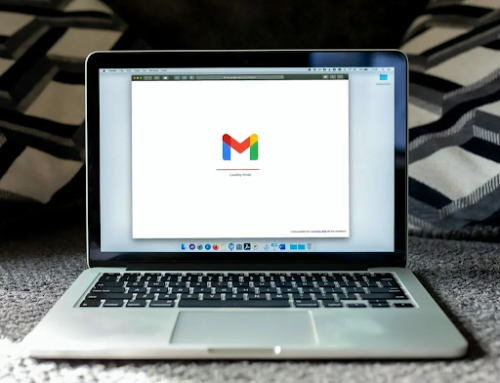As Covid-19 lockdowns and public health measures in New Zealand (and globally) have pushed millions of people out of their offices to work-from-home setups, several companies are considering a permanent move to remote working. Why? And is it a good idea?
The advantages of remote working
Switching to remote working is a cost-saving exercise for employers
According to recent data from the US, office vacancy rates are over 16% as of August 2021, and this rate will be higher in New Zealand due to our ongoing ‘work from home’ policies. Office rental is expensive – in an uncertain economy, it certainly seems logical for companies to cut costs by allowing or mandating employees to work from home when possible. Employers are still needing to spend money to ensure their employees are equipped with everything they need to work from home efficiently, but this cost is considerably less than the market rate for office space rentals in New Zealand.
The majority of employees seem to enjoy working from home
Some studies have suggested that around 80% of workers feel they have increased productivity and more flexibility working from home. They can also save time in their day, as they are not having to commute.
Covid and other pathogens cannot spread between colleagues if they are working from home.
In fighting outbreaks, work from home policies have proven crucial and effective in limiting the spread of illness. Hopefully, this is a mindset that will continue after the threat of Covid decreases; employees should not be expected to come into the office if they are sick at all!
The disadvantages of remote working
Some surveys have shown two main pain points: ‘Zoom fatigue’ and difficulty fostering company culture and connections with clients. Many employees miss the connections that come with spontaneous interactions with colleagues, and teams often face difficulty integrating new hires into company culture remotely.
Could we have the best of both?
Covid-19 has not completely eradicated the need or want for a communal office space. Other studies have indicated that 89% of office employees feel that the office plays a vital role in business performance but that its design and use need to change to fit our times. One option that a lot of companies seem to be settling on is allowing employees to be more flexible with their working locations, while encouraging semi-regular attendance at the office; the best of both worlds!
In the longer term the new post COVID-19 office will likely become a collaborative hub, connecting employees and clients across digital and physical space, facilitating a better business culture and inspiring more flexible ways of working while still retaining personal connections and productivity within each business.













